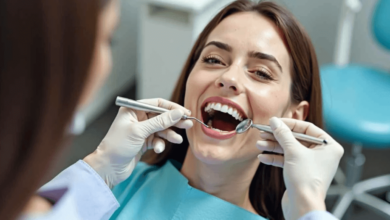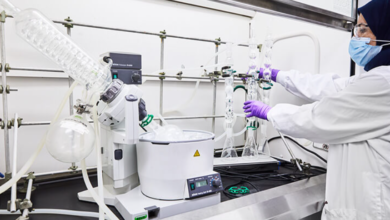
Do I Need a Referral to See an Emergency Dentist?
Dental emergencies can happen unexpectedly—whether it’s a sudden toothache, a chipped tooth, or a lost filling. When these urgent situations arise, many people wonder: Do I need a referral to see an emergency dentist? The short answer is no—you can contact an emergency dentist directly without needing a referral from a GP or another dental professional.
What Is an Emergency Dentist?
An emergency dentist provides urgent dental care for unexpected issues that require immediate attention. This includes treating:
- Severe toothaches or dental pain
- Knocked-out or broken teeth
- Lost fillings or crowns
- Swelling or infections
- Dental trauma from accidents or injuries
Emergency dentists focus on relieving pain, preventing further damage, and providing temporary or permanent solutions until more comprehensive treatment can be arranged if needed.
See also: Comprehensive Veterinary Services for Pet Health and Wellness
Do You Need a Referral for an Emergency Dentist?
You do not need a referral to see an emergency dentist. Unlike some specialist dental treatments that require a referral from a general dentist, emergency dental care is designed to be accessible directly to patients. If you’re experiencing pain or a dental injury, you can contact an emergency dentist straight away to book an urgent appointment.
This direct access ensures you receive timely treatment without unnecessary delays, helping to reduce discomfort and prevent complications.
How to Access Emergency Dental Services
If you’re dealing with a dental emergency, it’s important to act quickly. The best first step is to call a local dental clinic that offers emergency services. Many clinics set aside time each day for urgent cases and can guide you on what to do until you arrive.
You can also search online or ask for recommendations to find emergency dental care nearby. For those in the area, you can easily book an appointment with an emergency dentist in Hornsby by calling the clinic or checking availability online.
It’s always advisable to explain your situation clearly when you call so the dental team can prioritise your care appropriately.
What Happens During an Emergency Dental Appointment?
During your appointment, the dentist will:
- Examine the affected area
- Take X-rays if needed to assess the problem
- Provide immediate treatment to relieve pain or stabilise the issue
- Offer advice or a follow-up plan for ongoing care if necessary
Depending on the nature of the emergency, the dentist may complete the treatment in one visit or schedule a return appointment for more complex work.
Benefits of Direct Access to Emergency Dental Care
Being able to visit an emergency dentist without a referral offers several advantages:
- Faster treatment – No waiting for another provider to approve your visit
- Immediate pain relief – Reduces discomfort and prevents the issue from worsening
- Streamlined care – Go straight to the dental professional equipped to handle your issue
This accessibility ensures you receive the care you need when it matters most.
When Should You Seek Emergency Dental Care?
It’s important to recognise when a dental issue requires immediate attention. Contact an emergency dentist if you experience:
- Severe, persistent tooth pain
- A tooth knocked out from trauma
- Uncontrolled bleeding from the gums or mouth
- Swelling in the face or jaw
- A broken tooth causing sharp pain or cutting soft tissues
Delaying treatment can increase the risk of infection, tooth loss, or other complications.
Final Tips for Managing a Dental Emergency
While waiting for your appointment:
- Use a cold compress to reduce swelling
- Rinse your mouth gently with warm salt water
- Keep a knocked-out tooth moist in milk or saliva (if unable to reinsert it)
- Avoid chewing on the affected side of your mouth
Takeaways
In most cases, you don’t need a referral to see an emergency dentist—you can contact a clinic directly to access urgent care. Knowing where to turn in a dental emergency ensures you can act quickly and protect your oral health when it matters most.



